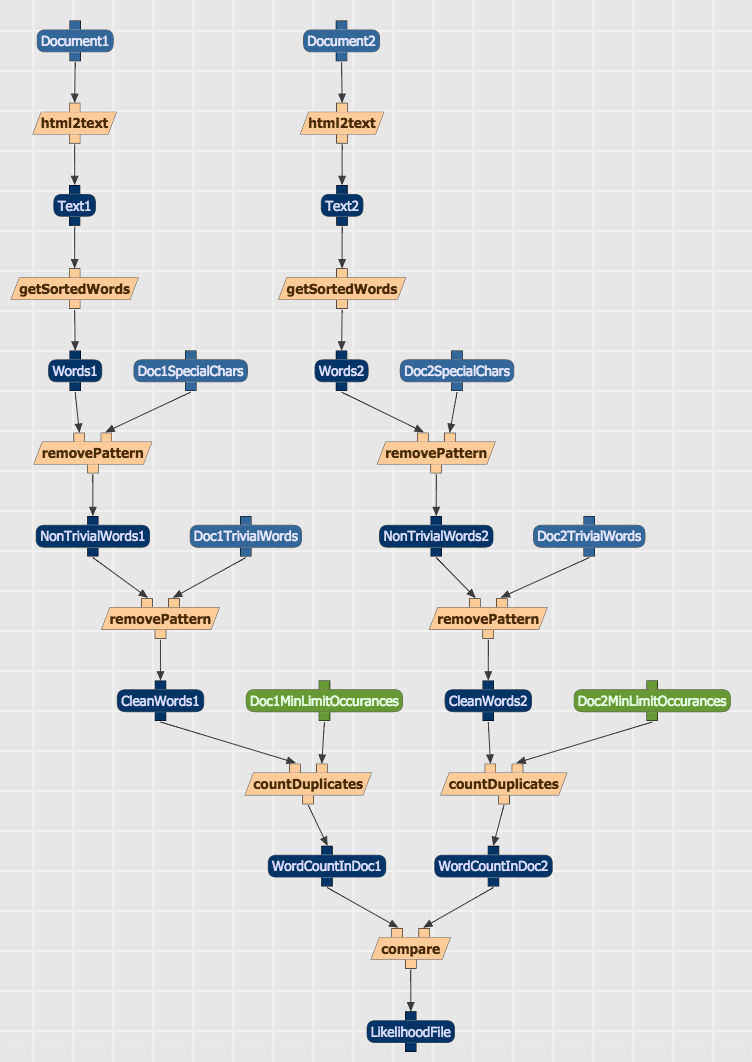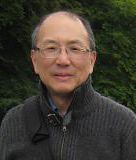| 2025 |
Alan’s Response to Being Name the UCSB Faculty Research Lecturer for 2024-25Categories Blog Essays Blog Essays
|
The Academic Senate of the University of California, Santa Barbara (UCSB), named me as our campus’s Faculty Research Lecturer for 2024-25.
Established in 1954, the Faculty Research Lecturer is the highest honor the UC Santa Barbara faculty can bestow on one of its members. The award accords Academic Senate members the high recognition that is their due, and gives faculty, staff and students an opportunity to understand the scholarly achievements and points of view of those we honor.
I was asked by the Humanities and Fine Arts communications director at UCSB for a quote responding to the award. The following was too long for the immediate occasion. But it came pouring out of me.

Dear [communications director], here is some language about receiving the Research Faculty Lecturer award. This is too much for your purpose, I realize. Perhaps you can extract something from this?
It’s a distinct honor to be recognized by my colleagues as the annual Faculty Research Lecturer for 2024-25, especially when I look back on the history of the award and realize what company I stand in. Just reviewing who the past Faculty Research Lecturers were from my own English Department makes me humble. They include some of the most illustrious scholars in literary studies and — most moving to me and others — recently some of the dearest in the hearts of their colleagues for nurturing students and younger colleagues.†
Being recognized for research is especially meaningful to me now, given the direction my work has taken toward addressing the erosion in the public status of research expertise. My own research continues apace. Recently, I’ve focused on how data science, machine learning, and AI extend, but alter, the knowledges and practices that are foundational for a liberal arts education, which in the American educational system spans the sciences, social sciences, and humanities and arts.†† But my own research aside, the reason I say that recognition for research is so meaningful now is that the public perception of the value of research expertise has perhaps never been more challenged than today.
That’s why, as I come to the end of my career, I’ve thrown myself into co-founding a new national organization called the Center for Humanities Communication. I’m inspired by the model of science communication (SciComm) to create training, resources, and tools for effectively telling society—including the young people who are the future—why strong, flourishing nations need a cool, vibrant humanities alongside the robust basic sciences needed to innovate cool new technologies. Humanistic knowledge of the past and present, and of ourselves and others, must partner with scientific knowledge in exploring our world and the universe.
Of course, I know that working on “humanities communication” is a meta- or para-research goal. But I think that doing research today requires such a wider concern with the public humanities and public science.
† Previous English Department members given the Faculty Research Lecturer award at UC Santa Barbara include the following: W. Hugh Kenner (award: 1958-59), Phillip Damon (1963-64), Richard Helgerson (1997-98), Shirley Lim (2001-02)
†† Alan Liu, “Data Science and the Post-Liberal Arts University,” Critical Inquiry 51, no. 4 (2025): 597–618.


